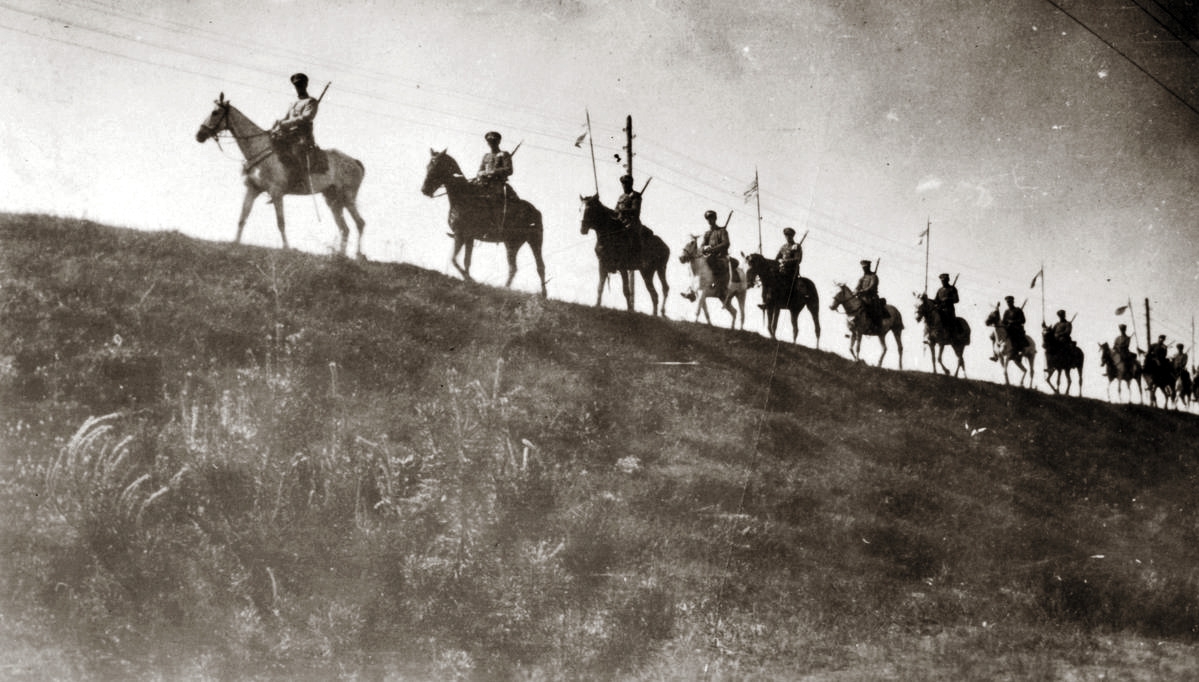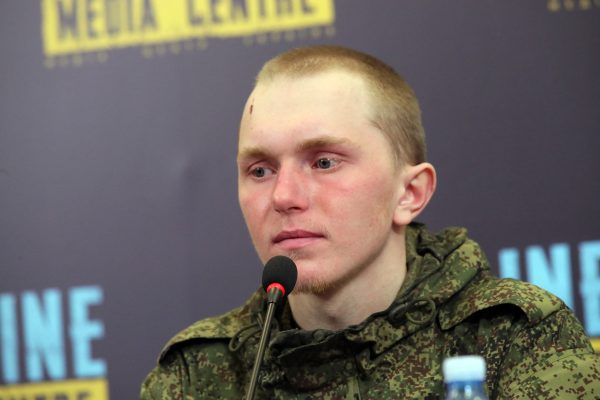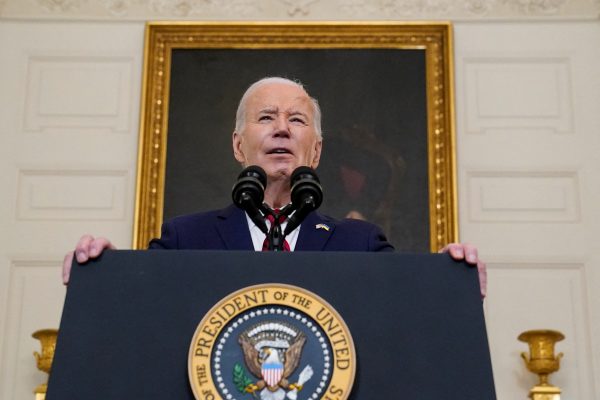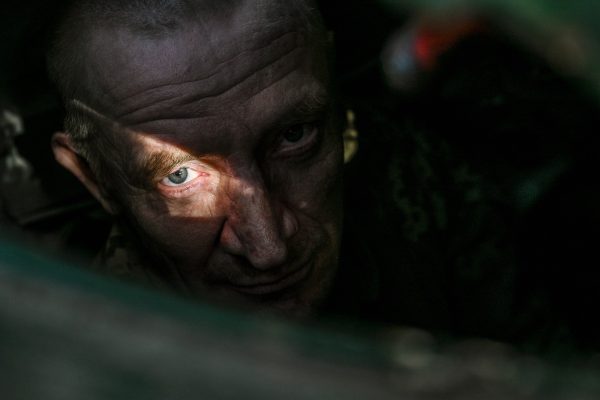There’s a difference between the leaders of western and eastern Europe. The former have no historical understanding of what happens when their country is wiped from the map, while the latter have all too much.
France and the UK are too old to grasp the concept; Italy and Germany, having battled for unification in the 19th century, are confident of their statehood.
But the same has never been true for the Baltic states, the Czech lands, Slovakia, Ukraine or Poland in the modern age. It’s not so long ago that they formed part of other people’s empires, both formal and informal. Arriving on horseback or in tanks, it made little difference to the outcome.
It’s why Ukraine has been fighting with such ferocity since Russia’s all-out invasion of February 24, 2022. This is not a war of choice, it is a war of national survival. Next-door neighbor Poland understands this. Just over 100 years ago, it fought and nearly lost its place on the European map, a fate it has suffered more than once.
“Poland has lived for centuries in Russia’s shadow. And we [Poland] see clearly that imperialism, colonialism, and nationalism is not merely a passing affliction of Moscow’s soul,” Polish Prime Minister Mateusz Morawiecki said during his official visit to Washington D.C in April. “It lies in its core.”
The difference in outlooks may explain why some in the West have called for the resumption of diplomacy to end the war in Ukraine. Among the most vocal advocates of this course of action is Emmanuel Macron. The French President believes, “the West should consider how to address Russia’s need for security guarantees if President Vladimir Putin agrees to negotiations.” On a recent visit to China, Macron tried to convince the Chinese president, Xi Jingping, to use his leverage with Russia to bring the conflict to an end.
But Poland’s voice should be heard. Putin’s imperial war in Ukraine is nothing new to Poland, which only regained its independence in November 1918 after 123 years under Russian, Prussian, and Austrian rule; the so-called partitions. In 1919, Russia’s Bolshevik revolutionaries returned, asserting a universalist ideology which looked very much to the Poles like the old Czarist empire in new clothing. From 1919-21, the country fought for its life against Vladimir Lenin and his armies. This became known as the Polish-Soviet War, though very few in western Europe even know it happened. It is Poland’s story, but it also applies to its neighbors because it is only a chapter in the volumes of Russian imperialism.
The Bolsheviks overthrew Russia’s fledgling revolutionary government in 1917 and eventually signed a peace agreement with Imperial Germany, surrendering large swaths of the Russian empire’s territory. Seeking to consolidate his authority at home, Lenin wanted to reoccupy these lands, including Poland, hoping to reach the borders of Germany and ignite revolution there.
Having reasserted control of Russia by 1919, the Red Army under Mikhail Tukhachevsky — nicknamed the Red Napoleon — attacked Poland in July 1920. Apparently poised for victory, the Bolsheviks (including Joseph Stalin) were beaten by Polish forces under the command of Józef Piłsudski in the so-called Miracle on the Vistula, the decisive Battle of Warsaw in August 1920. Against all the odds, Poland prevented Lenin from spreading Soviet communism across Europe, capturing 65,000 men and forcing the Kremlin to sue for peace.
In the welter of events of the early 20th century, the West did not study the lessons in any depth and perhaps more dangerously swallowed the Bolshevik narrative that Lenin had been waging a defensive war. Britain’s prime minister at the time, David Lloyd George, strangely described the events of 1920 as an unjustified “Polish attack upon Russia.”
The West is in danger of making the same mistake today. Russia’s 2022 full-scale invasion of Ukraine bears strong historical parallels with the overlooked Soviet offensive against Poland of 1920. Like the political challenge Lenin faced during the Russian civil war, Putin presides over a declining economic and demographic outlook as a result of his regime’s corruption and the resultant stasis.
Stalin embraced Russian nationalism to legitimize the communist system, particularly during Hitler’s assault on the Soviet Union in 1941 in what the Russians remember as the Great Patriotic War. Putin uses a similar method to exert power and control over the wider population in the form of a rigorous propaganda machine that paints the West as a pernicious force out to destroy Russia.
Western leaders would do well to open their ears to the voices of those, like the Poles, who understand what lies behind Russia’s grimly familiar and bloody excursions into neighboring lands. Poland and its neighbors will no doubt be happy to share their stories. Otherwise, the cycle of Russian aggression will continue ad nauseam.
Hugo Blewett-Mundy is a commentator and consultant. He holds an MA in Russian and Post-Soviet Politics from the UCL School of Slavonic and East European Studies and writes about current affairs in Central and Eastern Europe.
Europe’s Edge is CEPA’s online journal covering critical topics on the foreign policy docket across Europe and North America. All opinions are those of the author and do not necessarily represent the position or views of the institutions they represent or the Center for European Policy Analysis.





